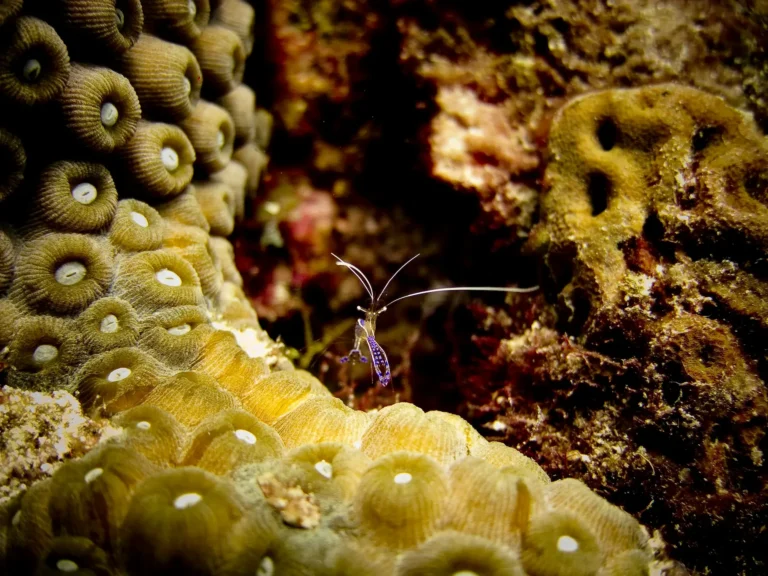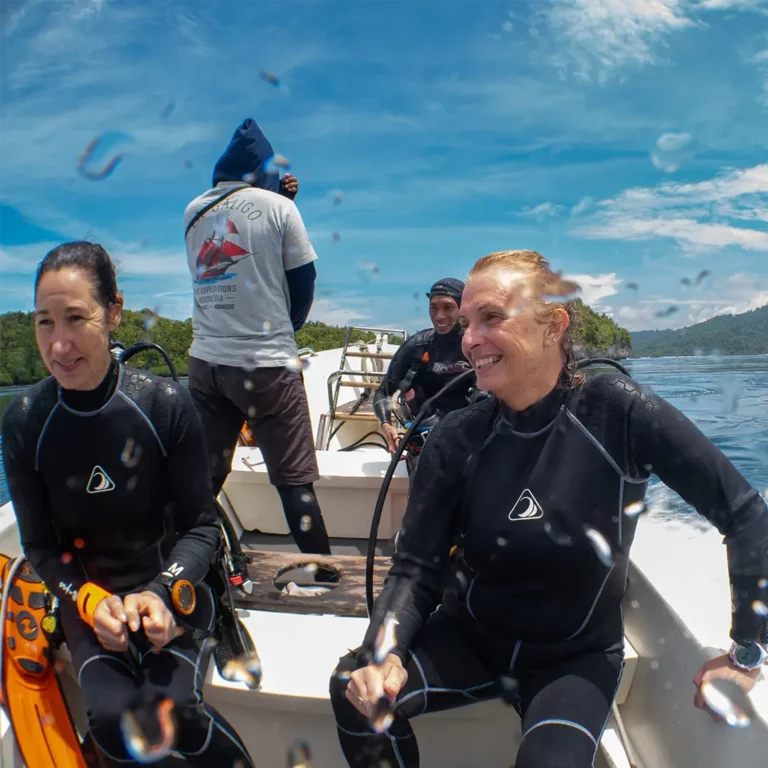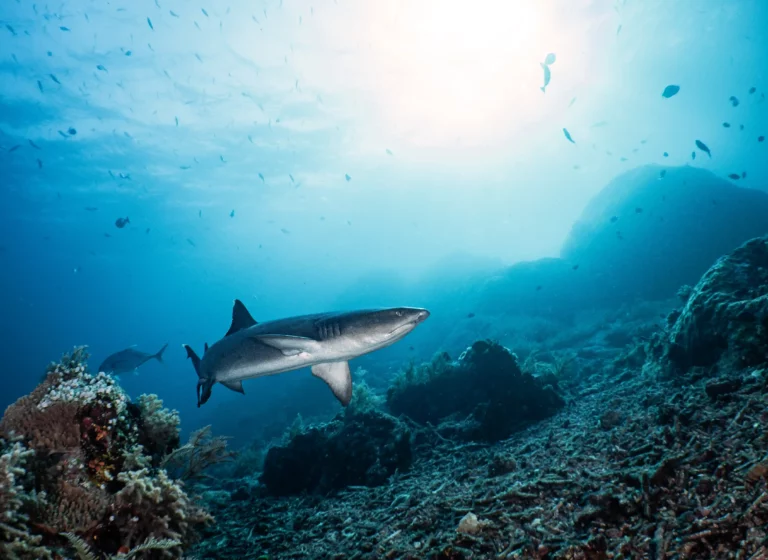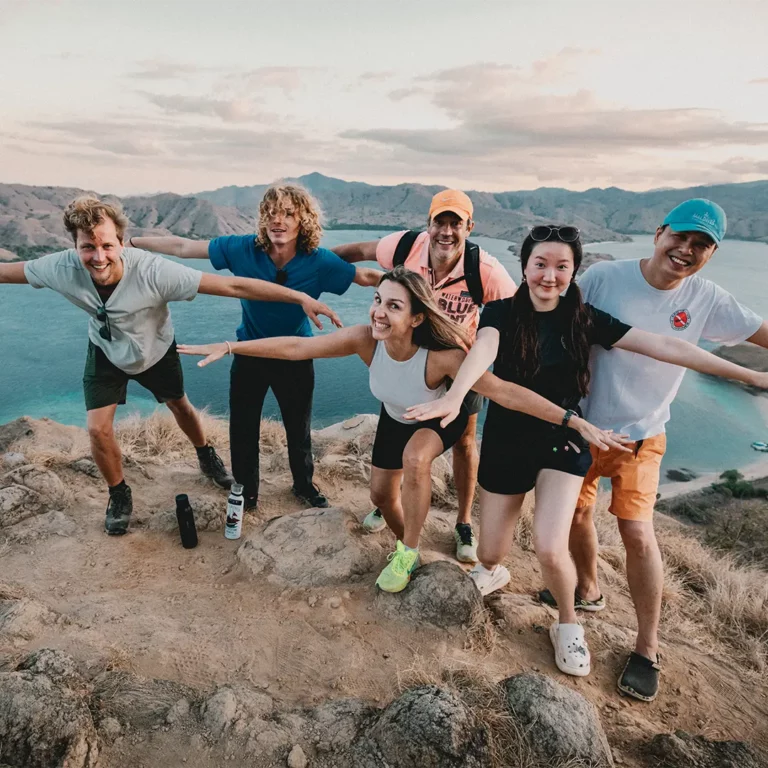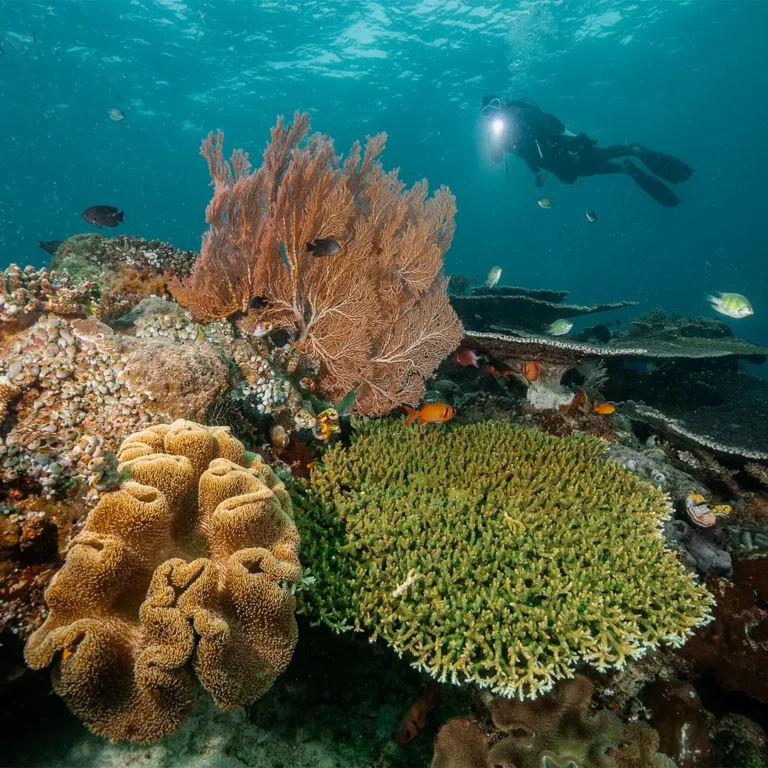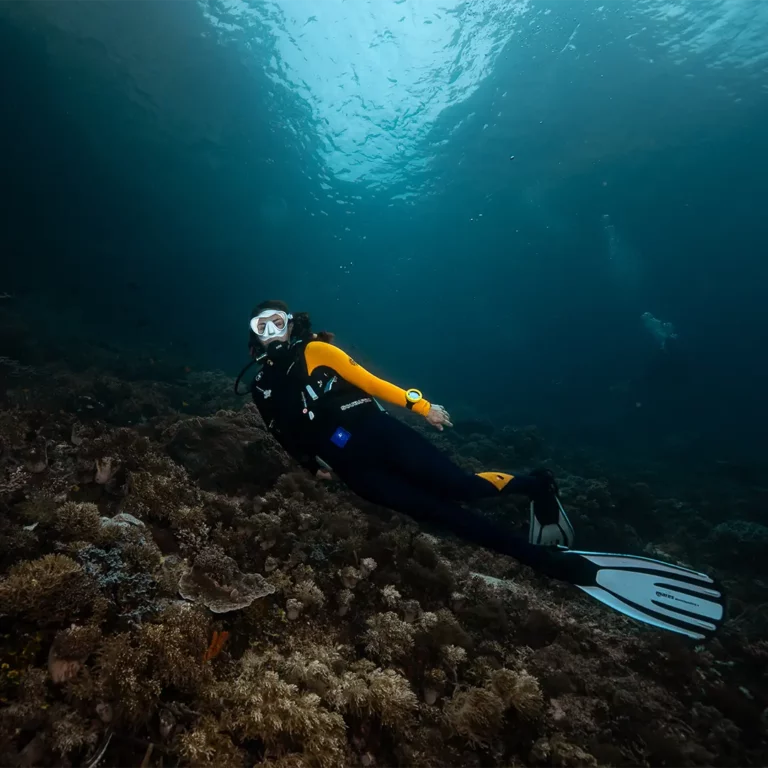The underwater world is home to a variety of ecosystems and a plethora of marine life. After all, the ocean covers more than 70% of our planet, so wouldn’t we be missing out on a lot of what nature has to offer if we don’t explore it? Another reason to dive is the sense of weightlessness and adventure, which makes it truly unique.
Those who have never tried scuba diving may find it intimidating. With the proper training and preparation, however, anyone can become a confident and safe diver. Getting your Open Water certification is the first step toward becoming a diver. Many seasoned divers agree that this is one of the best decisions they have ever made. After completing dozens or even hundreds of dives, experienced divers understand the allure, mystery, and danger of the vast and deep ocean. They understand the significance of being well prepared before embarking on a scuba diving adventure.
If, like most travelers, you are fascinated by the underwater world, then enrolling in an Open Water course may be the ideal way to spend your next vacation. PADI Open Water courses typically last three to four days and are designed to provide beginner divers with the fundamental knowledge and skills required to dive safely and comfortably in open water.
PADI dive instructors guide students through classroom sessions, pool training, and open water dives to ensure that they understand diving theory and practice. You will be recognized as a beginner diver after receiving your Open Water License, and you will be able to dive anywhere in the world up to 18 meters/60 feet deep.
Obtaining your Open Water certification, on the other hand, is only the beginning of your diving adventure. Diving is a life-long hobby that necessitates on-going education and skill development. As you dive more, your confidence and skills will improve. Always prioritize safety. It is normal for new divers to be nervous, but there are ways to alleviate this stress. Here are 21 scuba diving tips for beginners to make you feel more at ease on your next dive:
1. Being Certified
Of course, you can dabble with the 1-day PADI Discover Scuba Diving course, but trust me when I say you’ll fall in love and want to dive all the time! Get your PADI Open Water certification now. It is well worth the effort.
2. Select a Reputable Dive Center
Before booking your diving course or trip, make sure the dive center is reputable and has experienced staff. We usually recommend picking a dive center near the location you want to visit. Dream’s dive instructors and dive masters have been diving at nearby sites for more than 20 years. They know every nook and cranny, which makes it not only more enjoyable (they know where to find all the cool marine life!) but also safer. Finally, never let cost be the deciding factor. What matters most here is your comfort and safety.
3. Get Fit
You don’t have to be an athlete or have six-pack abs to participate. Scuba diving, on the other hand, is a sport, and like any sport, it can be physically demanding, so being in good physical shape is essential. Make sure you can swim and carry heavy equipment.
4. Learn to Breathe Properly
Breathing underwater is not the same as breathing on land. Exhale fully after taking a slow deep breath. Underwater, you should never hold your breath.
5. Stay Calm
It is normal to feel nervous when diving, especially if you are a beginner. Keep calm and take deep breaths to help you relax. Staying calm also extends the life of your oxygen tank!
6. Clear your Ears
The pressure on your ears will increase as you descend. Clear your ears by pinching your nose and gently blowing. Do it as often as you need to throughout your dive.
7. Remove your Mask
This is one of the first skills you’ll learn from your instructor during your Open Water course. During a dive, water may seep into your mask or the lenses of your mask may become foggy. These are two very common scenarios that can ruin your dive. Learn and practice clearing your mask by exhaling through your nose.
8. Make use of a Dive Computer
When new divers ask us what equipment they should buy as their first investment. It’s an essential dive tool for keeping track of your depth, time, and decompression stops. You’d be hard pressed to find an experienced diver who doesn’t wear it on every dive.
9. Examine your Equipment
Before diving, make sure your equipment is in good working order. Examine for any leaks, tears, or other issues. Check that the gas supply is operational. BWRAF is an acronym that can help you here, and Breakfast-With-Rice-and-Fish is a fun mnemonic device that can help you remember it.
B = BCD check
W = Weights check
R = Releases check
A = Air check
F = Final overall check!
ALSO READ: How Many Dives Are Required for a Liveaboard Trip in Raja Ampat
10. Signal your Buddy
Before diving, always dive with a buddy and make a series of hand signals. Practice signaling each other on land. This is the only language that exists underwater.
11. Be Mindful of your Surroundings
Keep an eye out for marine life and avoid touching or disturbing it. While underwater, we are their guests, so please respect our hosts.
12. Do not Hold your Breath
Holding your breath while scuba diving can be dangerous. Make sure to keep breathing throughout your dive.
13. Keep Hydrated
Dehydration can be a problem when diving, so drink plenty of water before and after your dive.
14. Recognize your Limitations
Don’t push yourself too hard when diving. Know your boundaries and stick to them. It is always better to be safe than sorry.
15. Practice with Buoyancy Control
Excellent buoyancy control is required for diving. Maintain neutral buoyancy to avoid harming marine life or disrupting the environment. Mastering your buoyancy will also allow you to enjoy your dive more because you won’t have to spend all of your time adjusting your buoyancy and missing out on beautiful scenery!
16. Recognize the Symptoms of Nitrogen Narcosis and Decompression Illness
Nitrogen narcosis, which can cause disorientation and confusion, can occur at greater depths. Recognize the symptoms and seek help if you begin to feel ‘drunk,’ which is a symptom of nitrogen narcosis. Deep or prolonged dives, cold water, strenuous exercise at depth, or rapid ascent all increase the risk of decompression sickness (DCS).
Even if the signs and symptoms appear to resolve, always contact DAN or a diving-trained doctor if you suspect decompression sickness.
ALSO READ: How Difficult Is Diving in Raja Ampat
17. Stick to the Dive Plan
Always stick to the dive plan and stay within your certification limits.
18. Inspect your Air Conditioning System
Check your air supply regularly and communicate with your friends about your air consumption.
19. Keep Warm
Diving can be cold, so make sure you’re dressed appropriately for the water temperature.
20. Go over Emergency Procedures
Before each dive, go over emergency procedures with your buddy. Make certain that you are prepared to deal with any potential issues that may arise.
21. Have a Good Time
Remember to have fun and enjoy yourself! Scuba diving can be an incredible experience, so take advantage of it.
Whether you’re just getting started or have a few dives under your belt, these 20 tips should help you feel more confident and at ease in the water. The more you dive, the better you will become and the more enjoyable it will be. Always put safety first, respect the marine environment, and have fun!


